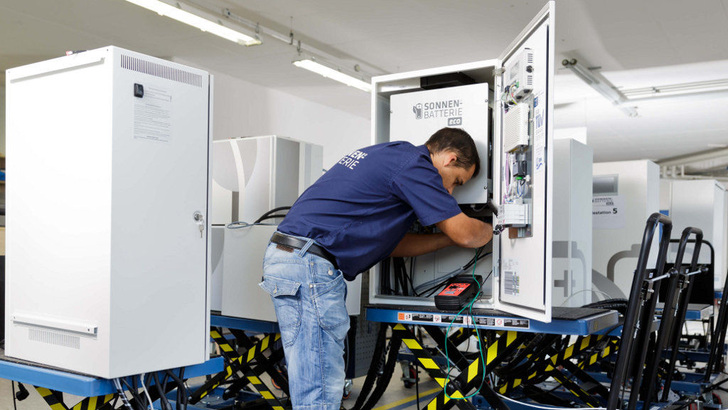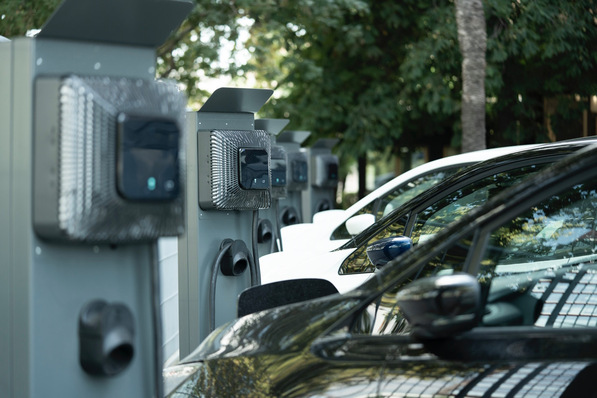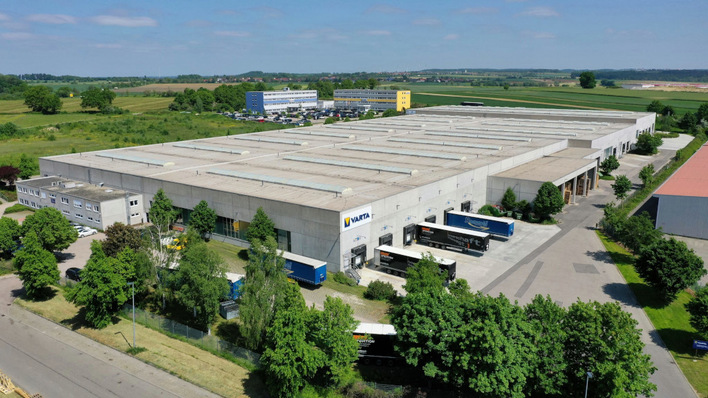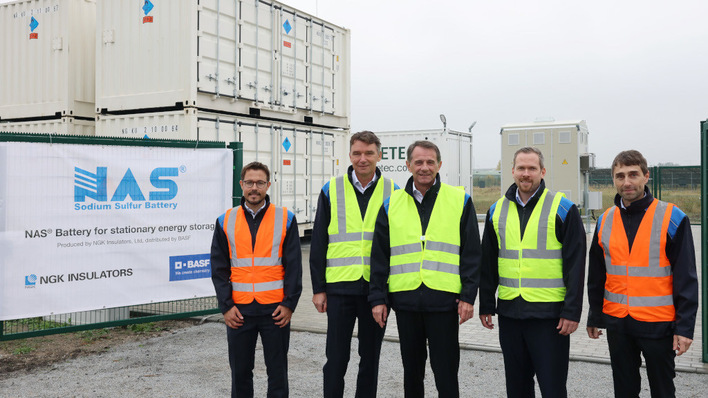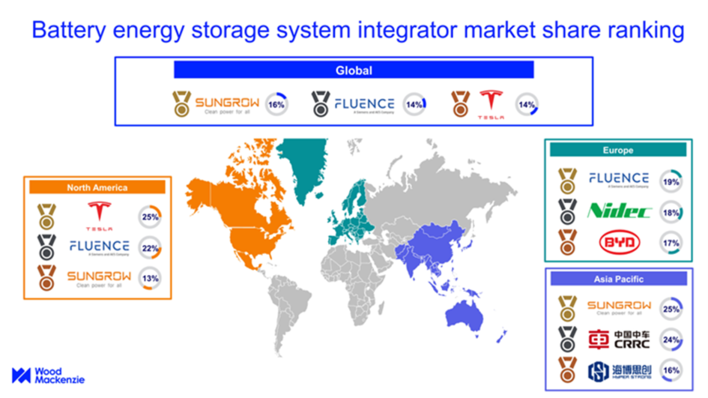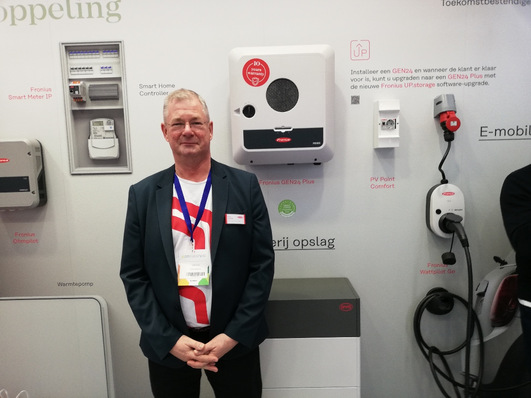New regulations on renewable energy sources, which came into force on July 1st in Poland, became the starting point for numerous discussions and raised a lot of questions. The amended law on RES determines, among others, new rules concerning micro installations and prosumers, the auction system and biomass, as well as possibilities of supporting renewable energy sources by the state. The changes are supposed to have a positive impact on RES development from the point of view of the Polish economy, Barbara Adamska from ADM Poland reports.
Increasing interest in energy storage
The amendment of the Renewable Energy Act from 1st July reflects the increasing interest of the Polish market in energy storage devices. The amendment provides the Polish statutory law with a broadly presented definition of an energy storage device. The act also introduces the terms of an energy cluster and of an energy cooperation to Polish legislation. Driving factors for energy storage in Poland are besides continuous feeding programs for renewable energy rising electricity prices and the poor condition of the grid. A “Strategy for sustainable development” is currently under consultation. It also includes the foundation of a state-owned fund and energy storage is classified as a priority sector, according to Adamska.
Several funding programs
Several funding programs are important for investments in renewables and storage, as the 16th Regional Operational Program. One billion Euro is planned to use for renewable energy in the current funding period (2014-2020), compromising between 11.9% and 22.9% of the total budget for individual regions. However, distributions between categories of renewables is completely different in various regions. Purchases of storage devices may be co-financed by the 200 million EUR funding programme “Prosument“ of the National Fund for Environmental Protection and Water Management (Narodowy Fundusz Ochrony Srodowiska i Gospodarki Wodnej, NFOSiGW). Currently, funds are available only in individual voivodeships. The funding programme of the NFOSiGW and thus the „Prosument“ programme are currently being developed. It is expected that the follow-up „Prosument“ programme starts still this autumn, Adamska says.
Unsatisfactory power supply
The unsatisfactory power supply quality in Poland is a reason behind the growing interest of all customer groups in energy storage devices. Power supply quality is estimated using i.e. parameters such as SAIDI and SAIFI. SAIDI stands for System Average Interruption Duration Index. This value estimates the average interruption duration for every individually connected consumer. SAIFI (System Average Interruption Frequency Index) on the other hand describes the frequency, with which the end user experienced a service disruption during a year. Unplanned power outages and service interruptions totalled up to 192 minutes per each user in Poland in 2014. This value is further increased by approximately 120 minutes of planned disruptions. On average, every end user was affected by service disruptions barely 4 times per year. In comparison, the SAIDI value estimated by the Federal Grid Agency in Germany amounted up to approximately 12 minutes in 2014. The low quality of power supply increases the amount of inquiries related to storage devices, not only from private customers and from businesses. Interest in such devices is also growing in the case of grid users and operators, Adamska reports.
Increasing electricity prices
Increasing electricity prices for small and medium-sized businesses Electricity prices in Poland are increasing for industrial users. Within 12 months (mid-2014 – mid-2015) the price increase for industrial users in Poland stood at 4%, the steepest rise in all of Europe. The highest electricity price increases is a burden which has to be purchased by small and medium-sized businesses. It is expected for this trend to continue and even to increase in the following years. More and more small and medium-sized businesses decide to install a PV installation in order to permanently reduce their operational costs. Because grid users receive only the wholesale market price for excessive electricity they store, the ca. 4 cents for every saved kilowatt-hour mentioned by the President of the Energy Regulatory Office for the previous quarter mean that an energy storage device provides a viable solution for some investors. The increasing numbers of inquiries related to renewable installations are confirmed by the newest survey performed by Polish Institute for Renewable Energy (Instytut Energetyki Odnawialnej, IEO), Adamska adds.
4,200 visitors expected at Renexpo Poland
6th Renexpo Poland takes place 19-21 October in Warsaw. Fair organizer REECO Poland is expecting around 120 exhibitors, around 4,200 visitors and over 1,200 conference participants. The event is held under the Honorary Patronage of the Ministry of Energy and the Marshal of the Masovian Voivodeship. (HCN)
Related news:

